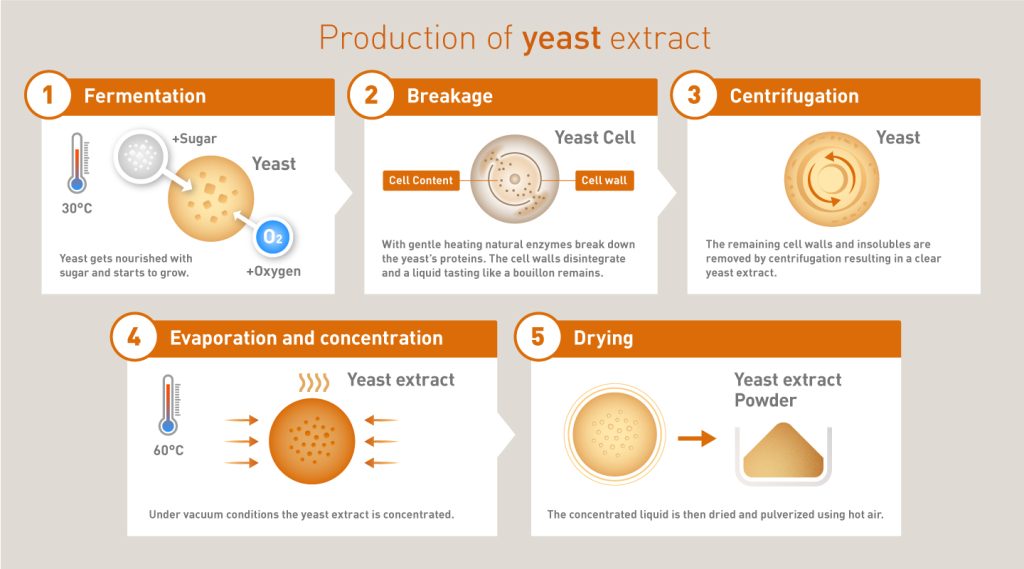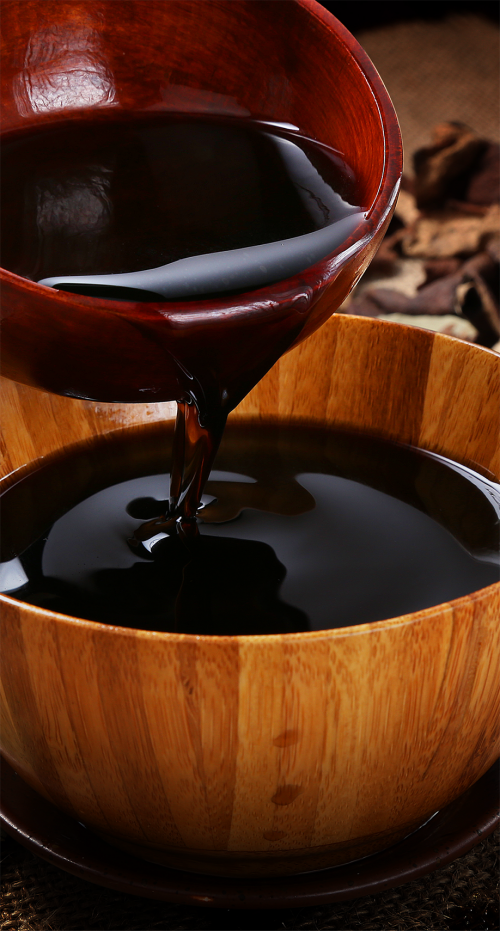Anti-oxidation and anti-aging are no longer the only buzzwords; now, the focus is on anti-inflammation!
In 2008, a report published in The Lancet Oncology revealed that 1/6th of the world’s cancers are caused by bacterial and viral infections.
In recent years, the academic community has been actively searching for anti-inflammatory foods, and the trend of an anti-inflammatory diet has gained popularity in the health and wellness circles. A search for “anti-inflammatory” on Xiaohongshu (Little Red Book) yields around 310,000 notes, highlighting the growing interest in this area.
So, what ingredients bear the “anti-inflammatory” health label?
Nuts
A recent study by Spanish scientists suggests that nuts such as peanuts and walnuts can unexpectedly benefit mental health. Just 30 grams of nuts per day are enough to achieve anti-inflammatory effects and reduce the risk of depression by 17%.

Turmeric
Turmeric is a frequently recommended ingredient in anti-inflammatory diets. A compilation of nearly 50 published research results all focuses on the anti-inflammatory effects of curcumin, a compound found in turmeric. It has been shown to alleviate inflammation in conditions such as inflammatory bowel disease, arthritis, psoriasis, depression, and atherosclerosis. Studies by researchers like Zhang Mingzhen from Xi’an Jiaotong University have demonstrated the anti-inflammatory functions of turmeric-derived nanoparticles in treating colitis.
Garlic
Garlic, a common cooking ingredient, is also prevalent in traditional medicine. Modern medical research has confirmed its immune-regulating and therapeutic potential, including anti-inflammatory and anti-angiogenic effects mediated by free radicals. However, most evidence comes from in vitro and animal studies, and more clinical research is needed to establish its widespread effects in humans.

Green Tea
Through cellular, animal, and human experiments, green tea and its main component, epigallocatechin gallate (EGCG), have been proven to have anti-inflammatory effects. Studies have shown that green tea and EGCG inhibit the gene and/or protein expression of inflammatory cytokines and enzymes.
Dark Chocolate
Cocoa components such as anthocyanins and catechins can affect the immune response by regulating the activation of the transcription factor NF-kB, involving inflammation, cell proliferation, cell adhesion, and the regulation of cytokine production. Some in vitro studies support the anti-inflammatory effects of cocoa flavanols, but these effects have not been widely replicated in vivo.
Based on such research, Dr. Andrew Weil, an integrative medicine physician in the United States, introduced an “Anti-Inflammatory Diet” that adds anti-inflammatory foods such as green tea and dark chocolate to the traditional Mediterranean diet.
Fermented Plants
Research on fermented plants is also relevant. Fermented blueberries and blackberries, rich in phenolic compounds with strong antioxidant activity, can prevent chronic inflammatory diseases by reducing oxidative stress, regulating inflammatory signals and responses, and enhancing immunity. Fermented cabbage products, sauerkraut, and kimchi containing active probiotics can improve gut health and prevent chronic diseases by influencing and regulating inflammation and immune responses. Fermented soybeans are an excellent source of isoflavones, known for their anti-inflammatory properties, although clinical studies in this field are still limited.
Anti-Inflammatory Components and Diet
In May of this year, based on literature research, registered nutritionist Gu Chuanling compiled a list of 12 “anti-inflammatory king foods,” including Norwegian mackerel, salmon, dark chocolate, chestnuts, carrots, and pistachios.
The involved anti-inflammatory components include omega-3 fatty acids, epicatechin, quercetin, arachidonic acid, catechins, resveratrol, beta-carotene, lycopene, dyer’s woad flavonoids, olive oil stimulation aldehydes, apigenin, and luteolin.
From a compositional standpoint, increasing scientific evidence suggests that polyphenolic compounds like flavonoids found in fruits, vegetables, legumes, or cocoa have anti-inflammatory properties. Recent research indicates that flavonoids can inhibit enzymes or transcription factors crucial for controlling inflammation mediators.
Internationally, there are studies on the Dietary Inflammatory Index (DII), which measures common nutrients and some phytochemicals in daily diets. The conclusions are as follows:
Anti-inflammatory substances: omega-3 fatty acids, monounsaturated fatty acids, dietary fiber, magnesium, zinc, vitamins A and D, anthocyanins, flavonoids, etc.
In line with the recommendations of the Harvard T.H. Chan School of Public Health, an anti-inflammatory diet generally includes:
- Tomatoes (vitamin C and lycopene)
- Olive oil (monounsaturated fatty acids)
- Leafy green vegetables (magnesium and flavonoids)
- Almonds and walnuts (N-3 and N-6 fatty acids)
- Salmon, mackerel, tuna, and sardines (N-3 fatty acids)
- Strawberries, blueberries, cherries, and oranges (anthocyanins and flavonoids)
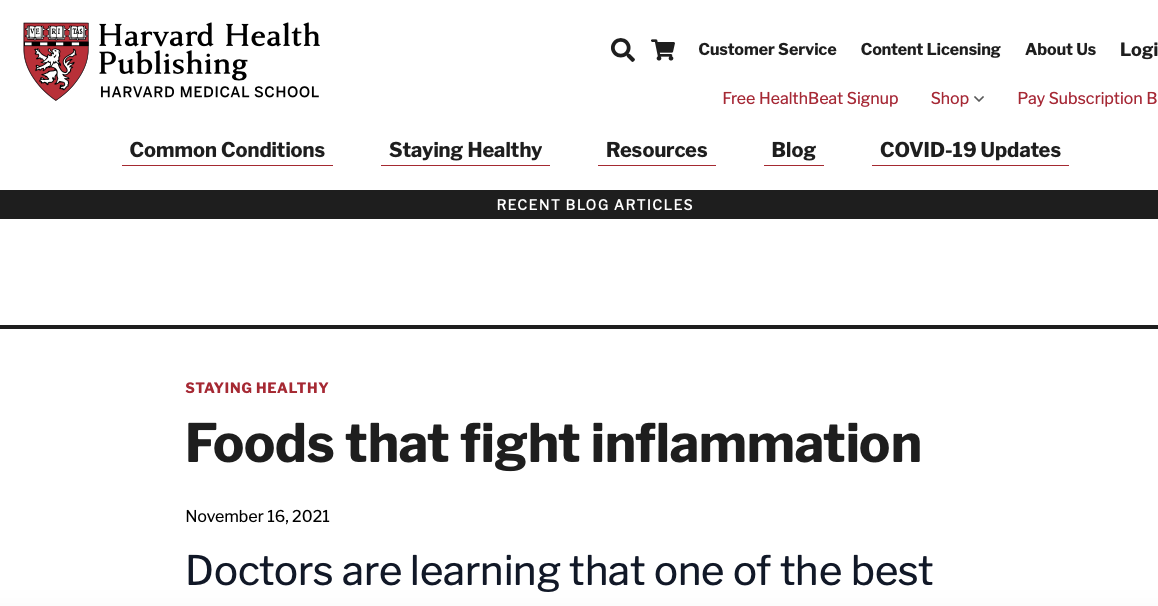
Inflammatory substances include:
- Refined carbohydrates, such as white rice
- Fried foods
- Soda and other sugary drinks
- Red and processed meats
- Artificial butter, lard, etc.
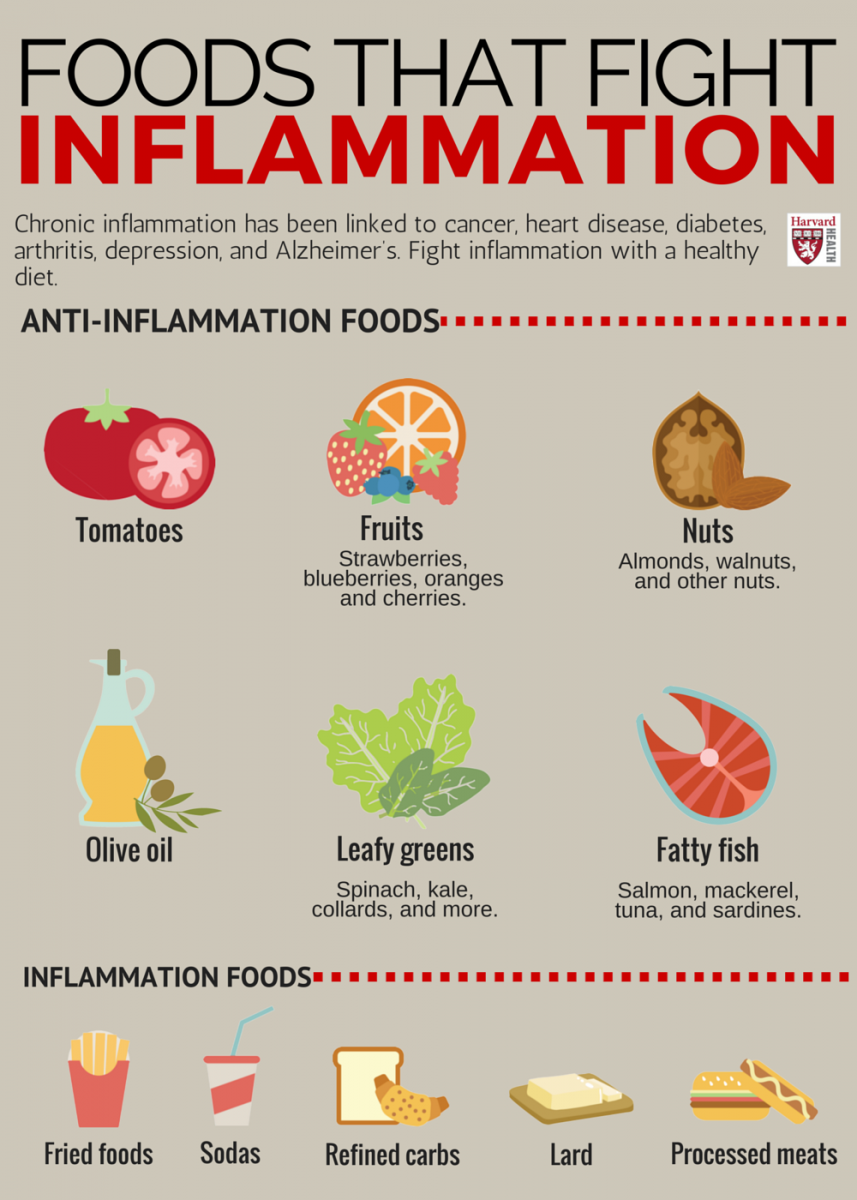
Undeveloped Market for “Anti-Inflammatory” Foods
Currently, research on anti-inflammatory diets is mainly applied in the end market, including dietary supplements and various fruit and vegetable juices, but the scale in the domestic market is still in its early stages.
Turmeric Dietary Supplements
On Amazon, turmeric supplements have high sales, with numerous manufacturers producing them. On Taobao, using the keyword “anti-inflammatory” in the search results in three out of the top four products being turmeric supplements.
According to data from FutureMarket Insights, the global market size of turmeric is expected to be around $4.4 billion in 2023, including food, medicine, skincare, and other fields. Its market size as a dietary supplement alone is estimated to be between $70-80 million, with a compound annual growth rate of 3.6% in the herbal field from 2023 to 2033.
Garlic Dietary Supplements
Different garlic dietary formulas, such as powder (tablets), garlic oil (capsules), and aged garlic extract (tablets, capsules, and liquid), have been incorporated into the continuously growing global market for garlic bioactive compounds. According to FutureMarket Insights, the global dehydrated garlic has a compound annual growth rate of approximately 5.3%.
Currently, research on anti-inflammatory diets is mainly applied in the end market, including dietary supplements and various fruit and vegetable juices, but the scale in the domestic market is still in its early stages.
Puritan’s Pride, founded in the United States in 1973, specializes in producing nutritional supplements. One of its garlic capsules, which is tasteless, contains 250 capsules.
Fruit and Vegetable Juices
Fruit and vegetable juices are another trend in the commercialization of anti-inflammatory diets. In the foreign market, many juices are promoted with the “anti-inflammatory” label.
For example, Bolthouse Farms offers a carrot turmeric juice that provides natural antioxidants like vitamin A and supports an anti-inflammatory diet.
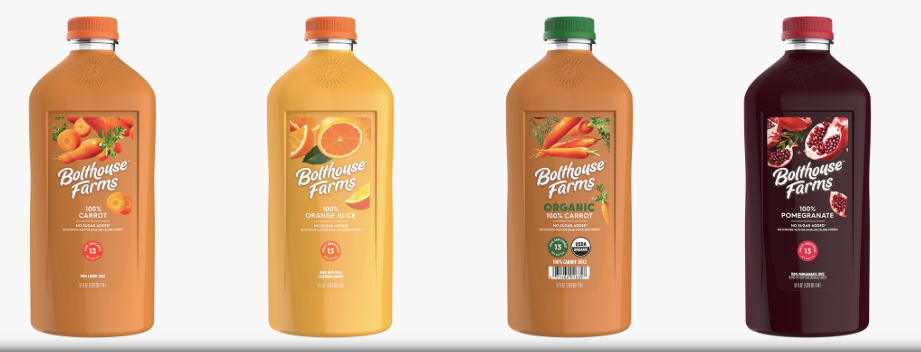
Rugani Juice’s 100% green juice blends various fresh superfoods: cucumber, pineapple, celery, ginger, and moringa, promoting hydration, anti-inflammation, and immune enhancement.
Reference
- Badr G. M., Al-Mulhim J. A. The protective effect of aged garlic extract on nonsteroidal anti-inflammatory drug-induced gastric inflammations in male albino rats. Evidence-Based Complementary and Alternative Medicine. 2014.
- Ng Q X, Koh S S H, Chan H W, et al. Clinical use of curcumin in depression: a meta-analysis[J]. Journal of the American Medical Directors Association, 2017, 18(6): 503-508.
- Tomokazu Ohishi, Shingo Goto, Pervin Monira, Mamoru Isemura 1, Yoriyuki Nakamura. Anti-inflammatory Action of Green Tea.Antiinflamm Antiallergy Agents Med Chem 2016;15(2):74-90.
- Mackenzie GG. Carrasquedo F. Delfino JM. Keen CL. Fraga CG. Oteiza PI. Epicatechin, catechin, and dimeric procyanidins inhibit PMA-induced NF-kappaB activation at multiple steps in Jurkat T cells. FASEB J. 2004;18:167–169.
- Soheila J Maleki, Jesus F Crespo, Beatriz Cabanillas. Anti-inflammatory effects of flavonoids. Food Chem. 2019 Nov 30.
- Roghayeh Shahbazi, Farzaneh Sharifzad, Rana Bagheri, et al. Anti-Inflammatory and Immunomodulatory Properties of Fermented Plant Foods. Nutrients 2021 Apr 30;13(5):1516.


